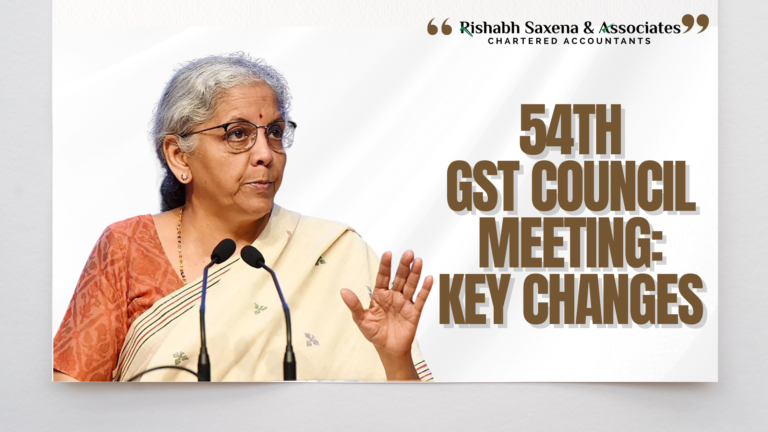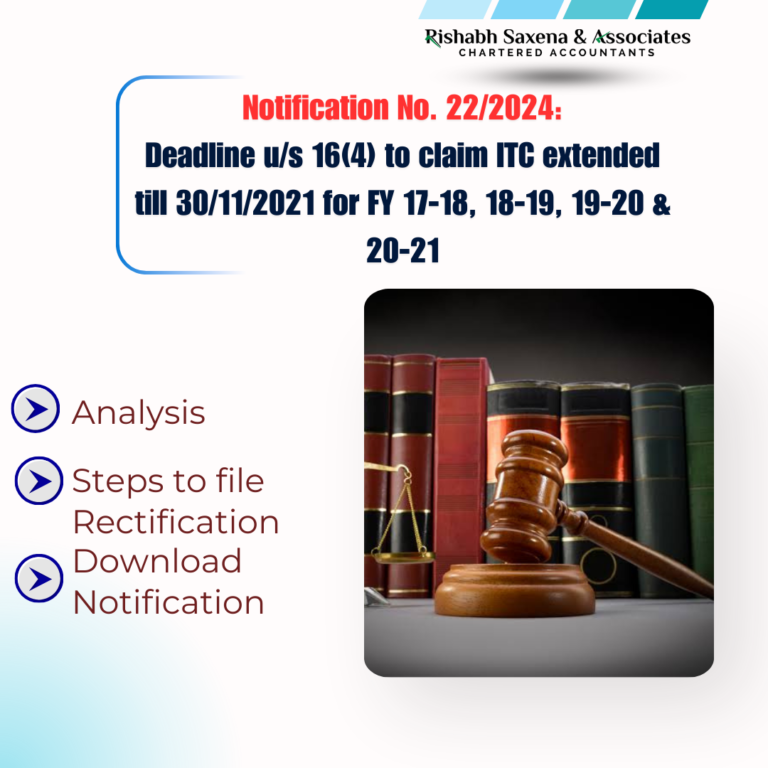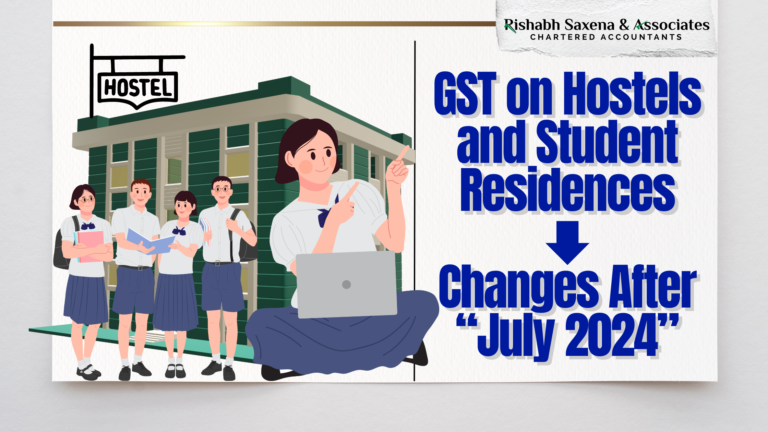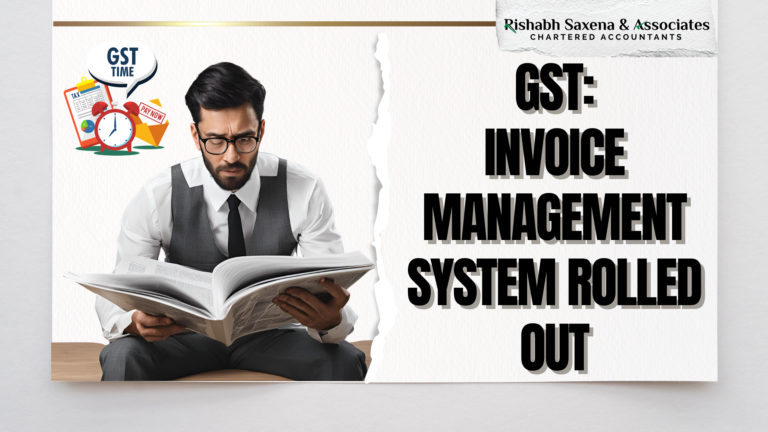Andhra Pradesh High Court Ruling: Importance of Proper Notice Service Under GST Act
Introduction
The Andhra Pradesh High Court recently ruled in the case of Somaprasanth Karampudi v. Union of India and Others (Writ Petition No. 14969/2024) regarding the service of notice under the GST Act. This ruling clarifies key issues regarding how notices must be served when the GST registration of a taxpayer has been canceled. The court remanded the writ petition for reconsideration, providing significant relief to the petitioner.
Case Background
The petitioner’s GST registration was canceled by the Revenue Department on February 21, 2019, effective from March 9, 2019. Following this, the Deputy Solicitor General of India initiated tax assessments for the period from October 2017 to March 2019. On April 22, 2022, the petitioner was served with a show cause notice (SCN) via email, demanding ₹46,77,312 under Section 74(1) of the CGST Act, 2017.
Despite sending multiple notices via Registered Acknowledgment Due, the petitioner failed to respond, leading to a demand confirmation on December 21, 2022. Subsequently, a property attachment notice was issued on May 2, 2024. The petitioner, dissatisfied with this outcome, approached the court.
Key Issue
The central question was whether the assessee (the petitioner) was obligated to monitor emails from the GST portal after the cancellation of their GST registration.
Court’s Observation
The Andhra Pradesh High Court noted the petitioner’s contention that none of the notices sent were received. As such, the petitioner argued that the proceedings violated the principles of natural justice. The court acknowledged that while email notices were sent to the petitioner, the physical notices sent by registered post were returned with the notation “Left.”
The court remarked, “The physical notices sent to the Petitioner being returned with the notation ‘Left’ should have been sufficient for the Respondent to take further steps to ascertain the whereabouts of the Petitioner.” The ambiguity surrounding the email service after registration cancellation raised questions about whether the petitioner could be expected to check the registered email.
Final Verdict
In its ruling, the High Court emphasized the need to provide the petitioner an opportunity to present their case properly. It was stated, “Given the ambiguity, it would only be appropriate to give the Petitioner an opportunity to set out the case.” Accordingly, the writ petition was allowed, and the Impugned Order was set aside for re-adjudication.
Legal Insights: Section 169 of the CGST Act
Section 169 of the CGST Act outlines the proper methods for serving notices:
- Notices may be served directly, via registered post, courier, or email.
- Notices may also be posted on the GST portal or even published in local newspapers.
These methods are considered valid as per Section 169(1) of the GST Act. However, if a notice is served via one of these means, it is deemed served under Section 169(2).
Related Judgments and Precedents
Several high courts have taken a lenient approach toward taxpayers when notices were not properly responded to for valid reasons. For instance, in M/s Tvl. Diamond Shipping Agencies Pvt. Ltd. v. Assistant Commissioner (W.P. (MD) 6874/2023), the Madras High Court ruled that an assessment order cannot be passed without serving notice in line with Section 169(1)(b) of the CGST Act.
Similarly, the Delhi High Court in Anhad Impex v. Assistant Commissioner (Writ Petition (Civil) No. 2356/2024) ruled that merely uploading a notice under the “Additional Notices” tab on the GST Portal does not qualify as proper notice service.
Conclusion
The Andhra Pradesh High Court‘s decision in Somaprasanth Karampudi v. Union of India highlights the importance of proper service of notices, especially when GST registrations are canceled. It reinforces the need for tax authorities to ensure that taxpayers are adequately informed and given a fair opportunity to respond to proceedings.
This ruling provides clarity on how notices should be served and offers relief to taxpayers who may have missed email notifications after GST registration cancellation. It is a reminder of the natural justice principle and how the courts can intervene when procedural lapses occur.
OFFICIAL JUDGMENT COPY HAS BEEN ATTACHED







